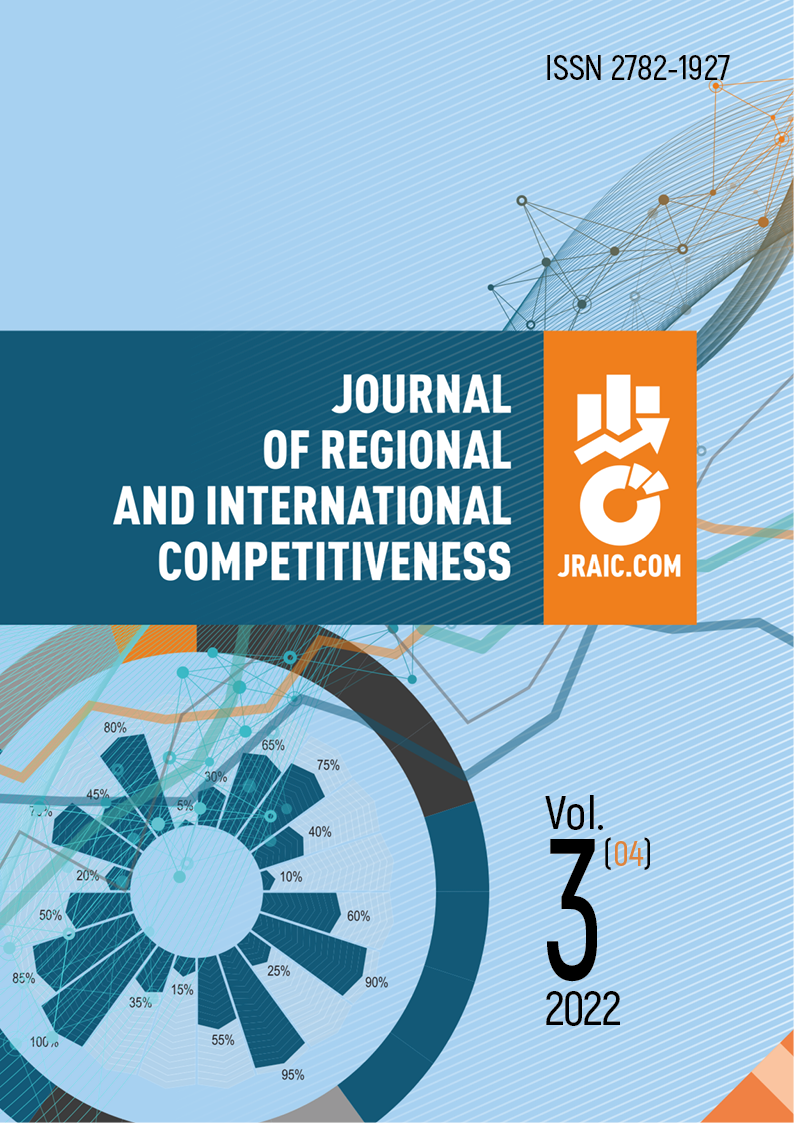Уфа, Республика Башкортостан, Россия
The liberal concept of neoclassicism cannot be a fundamental construct for the new economic thought being revived in our country. It does not take into account the interests of those economic entities and people who find themselves unable to compete, also for objective reasons, with their more powerful rivals. According to the liberal conception, the fate of the uncompetitive people is death from poverty, hunger, disease, disasters, etc. In order to improve this issues in the world economy, the author proposes measures to improve global economic policy in favour of enhancing the competitiveness of developing countries. The future of Russian society largely depends on an objective reflection of reality in scientific generalizations, concepts and theories, including those of domestic economic science, so the demand for the latter is beyond any doubt. It will happen the sooner the top leadership of our country understands that the theories of economic regulation created in the USA and Western European countries are not suitable for Russia. It is because the position of Russia among the countries of the world economy ranked by production costs is worse, «lagging» than that of the USA and Western European countries.
competitiveness, liberalism, neoclassicism, extinction psychology, non-equilibrium approach, non-equilibrium model, pricing, law of large numbers, inter-country differential rent, trailing country, World Rent Redistribution Fund.
1. Dubyanskaya, G. Y. (2004). National experience of growth and development on the post-socialist space. In K.A. Khubiev (Ed.). Economic growth and the development vector of modern Russia. (pp. 297-315). Moscow: Ekonomicheskiy fakultet Moskovskogo gosudarstvennogo universiteta, TEIS (in Russian).
2. Lvov, D. (2002). The concept of sustainable development and social contradictions. Russia’s role in the harmonization of global development processes. Svobodnaya misl’-XXI, (8), 18-33. DOI:https://doi.org/10.1590/S167939512012000300007. Retrieved from https://studfile.net/preview/8329062/page:2 (in Russian).
3. Lvov, D. S. (1999). Development of Russia’s Economy and the Tasks of Economic Science. Moscow: Ekonomika (in Russian).
4. Mises, L. (2001). Liberalism in the Classical Tradition. Moscow: OOO Sotsium, ZAO Izd-vo Ekonomika (in Russian).
5. Nizhegorodtsev, R. M. (2004). Labor Market: Segmentation and the Problem of Equilibrium. Information Economics and Management of Dynamics of Complex Systems. Moscow-Barnaul: Izdatelskiy dom “Biznes Yunitek” (in Russian).
6. Nusratullin, V. K. (2006). Non-equilibrium Economics. Moscow: Kompaniya “Sputnik+” (in Russian).
7. Nusratullin, V. K., & Nusratullin I. V. (2020). Evolutionary theory of economic and social development. Moscow: INFRA-M (in Russian).
8. Parshev, A. P. (2001). Why Russia is not America. A book for those who stay here. Moscow: Krymskiy Most-9. Forum (in Russian).
9. Lvov, D. S. (1999). The Way to the Twenty-First Century: Strategic Problems and Prospects of the Russian Economy. Moscow: OAO Izd-vo «Ekonomika» (in Russian).
10. Rumyantseva, E. E. (2005). New Economic Encyclopedia. Moscow: INFRA-M (in Russian).
11. Svetlov, S. V. (2004). Biotechnology and the Vector of Economic Development. In K.A. Khubiev (Ed.). Economic Growth and the Vector of Development of Modern Russia (pp. 285-292). Moscow: Ekonomicheskiy fakultet Moskovskogo gosudarstvennogo universiteta, TEIS (in Russian).
12. Modern Dictionary of Foreign Words. (1994). SPb.: Duet (in Russian).
13. Elyanov, A. (2004). Globalisation and catching-up development. Mirovaya ekonomika i mezhdunarodnyye otnosheniya, (1), 3-16. DOI:https://doi.org/10.20542/0131-2227-2004-1-3-16 (in Russian).



















